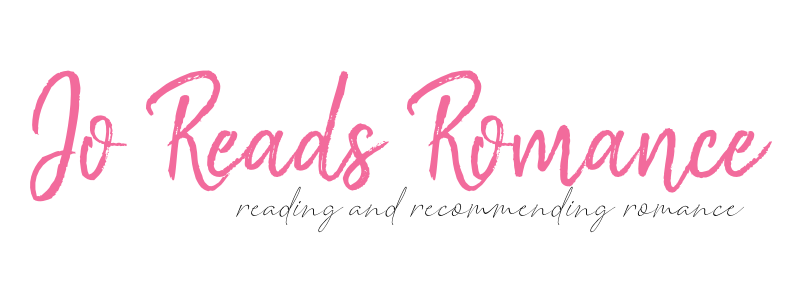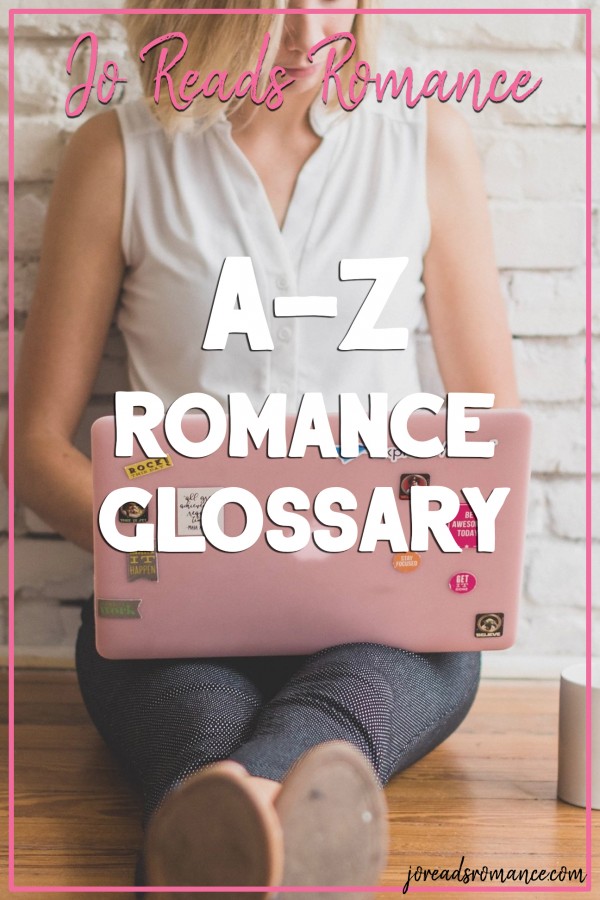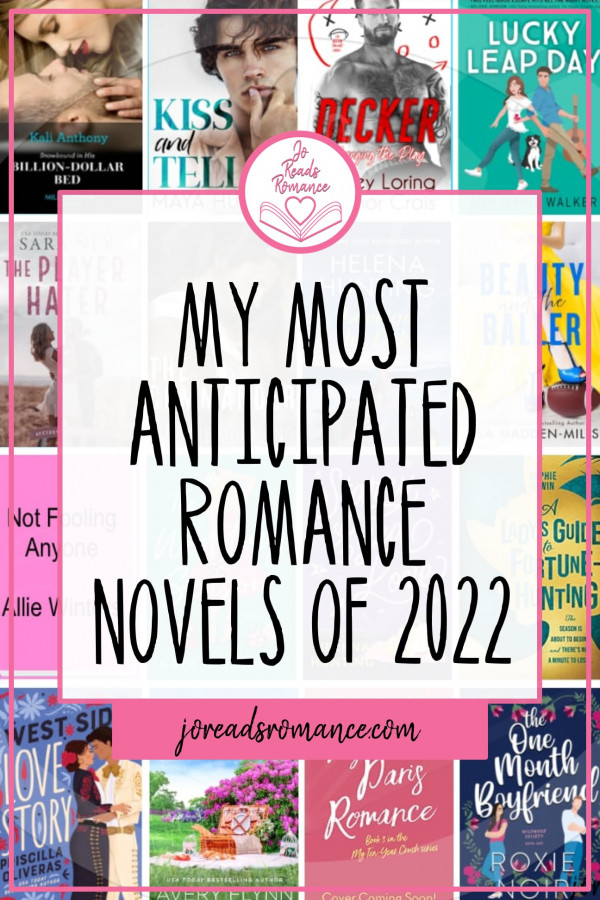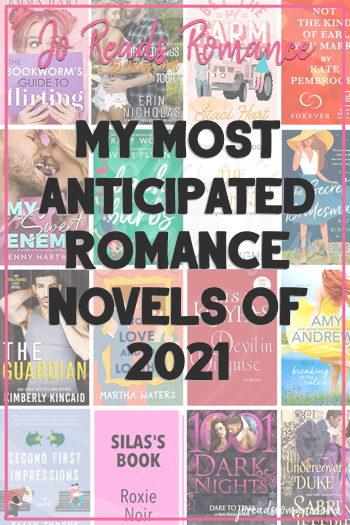
It’s will be surprise to anyone that I am a fan of romance novels. As a natural progression, I am a fan of the authors that write said romances. And I’m often on the look out for my next favourite book or author.
It’s a common practice for authors to offer free books in exchange for readers subscribing to the author’s newsletter list.
Free books? I am in.
As a result, I subscribe to A LOT of newsletters from romance authors galore. And let me tell you, I have seen some newsletters that should NEVER have seen the light of day.
Often I find myself unsubscribing to romance author newsletters almost as quickly as I’ve signed up.
And it’s important.
Having newsletter subscribers – engaged newsletter subscribers – means your books are presented to a wider audience. A wider audience who, over time, can become your fans. Fans buy books. Fans write reviews. Fans can become one of the greatest (and FREE!) marketing tools that a romance author can have.
You might be a romance author who is trying to build their following and newsletter subscriber list.
Or maybe you have a healthy subscriber list but a shockingly high turnover rate.
Perhaps your subscriber numbers are high but your engagement rate is non-existent and people are either not opening your newsletters or not clicking on your links.
So what should you avoid when drafting your romance author newsletters?
Here are some of my “favourite” horrors:


Oh – poor ‘ol Comic Sans – what a bad name you have! Once the go-to font of the happy-go-lucky, it’s now relegated to a swear word for all graphic designers!

But it’s not just Comic Sans that’s a newsletter horror story, there are plenty of examples of, if not bad fonts, then just inappropriate.
If you can’t read it – I can’t read it. And who wants to read a newsletter where you have to decipher every line?
Just keep the font simple. Your subscribers will thank you for it.
And yes, I have actually unsubscribed from an author’s newsletter solely because it was written in Comic Sans.

Emailing too frequently
I was once subscribed to the newsletter of an author who sent something out Every. Single. Day.
It was all fun and games for about 4 days (probably at the most) and then I had a busy day. And the newsletters started stacking up. Along with all the other emails I get every day. And I never caught up with myself in terms of the author’s newsletter. And they just kept coming. And the anxiety started to peak. I couldn’t cope with all this stuff!! It was like they were smothering me.

Unsubscribe.
And breathe.
But even if you don’t set out to contact your subscribers every day, you still have to have to be conscious of how often you communicate. I’ve even had authors email me in the morning only to repeat the email in the evening in case I missed it the first time round. Jeez!

Spelling and Grammar Errors
Hey – we all make spelling and grammar mistakes. Sometimes colossally embarrassing errors that by some horror we just don’t catch before pressing send.
And so you don’t feel bad about mistakes, check out the classic (and hilarious) mistake by the legend that is Susan Andersen!

But when it starts to get habitual in newsletters, I begin to wonder what kind of book the author could possibly write. Does their lack of attention to detail translate into their stories, characters, world-building?
Don’t get hung up on it – but at least run your eyes over the content before sending. You’re representing your work so you always want to present your best side.


Emails are too long
This can be a very subjective thing but I can’t imagine anyone wants to read 6 pages of content in a newsletter.
What really irritates me is when authors put the first chapter of their books in their emails. Now I don’t read random book chapters as a rule – it’s a waste of my time, IMO – but some might like it. But for goodness sake, link out to your website so folk can read the chapter there. Don’t just copy and paste it into your newsletter. I’m either going to do a quick scroll, or just delete your email.
A good way around this is something I’ve started to see on a number of author newsletters which is putting a TL:DR at the top or bottom of your email. That’s a ‘Too Lazy: Didn’t Read’ section which gives a one liner summarising everything you’ve covered in the newsletter. But still put those teaser chapters on your website!

Having no reason for emailing
These are the reasons you ARE allowed to email me:
- You have a new book out or up for pre-order
- You have bookish news to tell me (a new series, new publisher, new anthology etc etc)
- You send a monthly email and it’s due (even if you’ve nothing ‘new’ to say)
- You’ve got a new competition
There are the reasons you’re NOT allowed to email me:
- Your “friend” has a new book out

- Your cat did something cute
- That thing you already emailed me about
- Only your back catalogue
Now I’m not saying you can’t include these things in your emails – but they should be in addition to your main content. One author, whose newsletter I was very briefly subscribed to, sent 1 email a week (fine) that consisted only of a list of her back catalogue.

Not reminding me who the heck you are
I like free stuff. I mean, who doesn’t?
As I said, I often sign up for romance author newsletters in exchange for a free book that sounds like my cup of tea.

But let’s be honest – I do this more than I probably should.
So when an email pops into my inbox from an author that’s not currently one of my auto-buys, and with no explanation of where it came from, I’m probably going to get a bit pissed off.
I might check my book list to see if I’ve recently got a book from you.
And if not – you’re gone. There might even be ‘I didn’t sign up for this mailing list’ clicking going on which is just a headache for you if you use a newsletter programme. Spam isn’t taken lightly these days.
So that’s when I’m always happier when a new author newsletter pops into my inbox and the first line is: “Welcome to my newsletter. You signed up by downloading my free book, xxxx.”
Ah – now I remember!
I’ve now got a spreadsheet to keep tabs on all the newsletters I sign up for but I’m aware most people are probably not as sad as I am. So remind people who you are when you email them.

Not knowing my name
“Hello, roses”
“Happy Friday my frolicking purple unicorns.”
“Good morning ridiculous name I’ve given you that’s a play on my name coupled with the word ‘fan’ because I’m quirky and hilarious like that!”

Seriously? Seriously?
Some words are fine. They may sound twee to some, but it’s the way you talk and it’s cool. Personally, I add quite a lot of ‘loves’, ‘dolls’ and ‘honey’ to my speech. However, note the word: personally. And when it sounds so forced and like you decided you needed to have “a thing” for your newsletter subscribers – I’m tapping right out.
Romance is great. Making me want to boke with all your schmaltzy crap? Not so great.

Not knowing your readers
I live in the UK.
The majority of the authors whose newsletters I subscribe to, live in the USA.
I find it quite fun to see all the different things that Americans do and celebrate. Independence Day is fun, Thanksgiving is fun – and I can even handle being told to vote 20 billion times because I realise it’s important to world democracy.
What irritates me beyond reason is when authors put a fabulous competition in their newsletter and then make it for US residents only.

Too bad Brits.
Too bad Aussies.
Too bad Canadians.
Too bad rest of the worlders.
I get it. Postage. Taxes. Apathy. Ignorance. Whatever.
An apology goes some way to easing the annoyance but if it becomes a regular thing then I begin to think that this romance author does not value me or want me as a reader/fan. And so I do not want them as someone allowed in my inbox.

Not letting me go
Finally – there may be reasons that I decide to unsubscribe to an author’s newsletter. They may or may not have anything to do with the items listed above.

If and when I go – let me go in peace.
If you’re using a newsletter programme such as MailChimp, clicking on the unsubscribe button at the bottom of your email will remove my details without an issue.
If you’re not using a programme, be very careful to make sure you’re obeying the wishes of your readers. If they unsubscribe, they might come back in the future. But if you piss them off by continuing to email them when they’ve asked you not to – they won’t come back and you might make any enemy of them.
Many years ago I emailed a new romance author to ask that I be removed from her mailing list. She didn’t reply and I continued to receive her newsletters. I emailed again – a bit more concisely this time. She sent me back a vile email that showed me exactly what kind of person she really was. I’ve never forgotten that.

1 Chadwick Martin Bailey – Email Research
2 Direct Marketing Association – Consumer Email Tracker 2019





No Comments